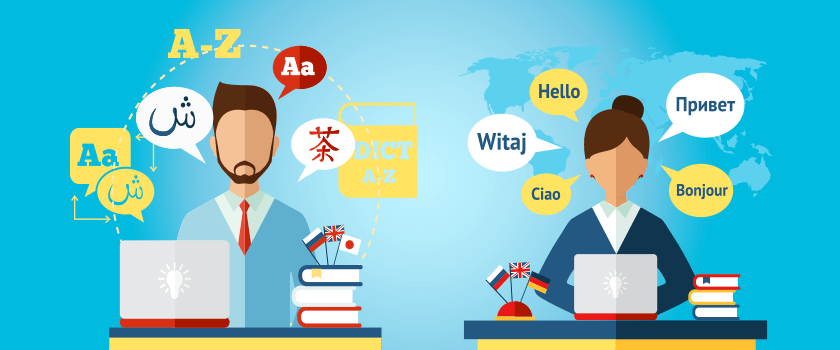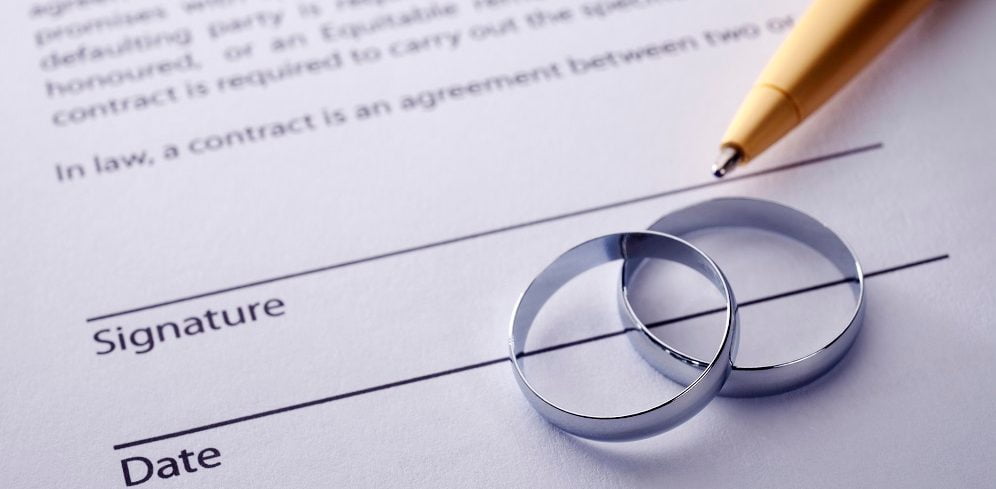As an international business/ tourism center, Dubai survives because of cross cultural communication. There are more than 200 nationalities residing and working in the city, and when you add professional services so that they are a daily occurrence there is no further need to explain why professional translation services are not a luxury. Translations are in demand whether in case of legal documents, medicinal reports, and marketing applications, or even immigration documentation. However, another important question that usually pops up in the mind of business or individuals is how much does it cost in various language pairs, and does the higher value always imply higher quality?
In this blog, we learn the budget dynamics and quality expectations of five major translation language combinations most frequently ordered in Dubai namely Arabic-English, English-French, English-Russian, English-Chinese, English-German. They each possess their own complexities, price patterns and quality aspects. Being knowledgeable about these factors will enable you to make informed decisions and not pay needlessly- or even worse, negotiate poor translations that would put the goals at risk.
Arabic English: The Common, but complicated
Since the official language in the UAE is Arabic, whereas English is the preferred form of business communication, this is the most demanded combination. Certified translations of Arabic to English or vice versa are required in a variety of legal documents such as legal contracts, visa files, and government papers. Here the standard pricing would begin at AED 100-150 per page based on simple certified documents and can even reach higher limits based on urgency, technicality, and professional qualifications of the translator.
The reason why the quality of Arabic translation into English is critical is the issue of the knowledge of the translator of the regional dialects, formal Modern Standard Arabic, and legal expressions. Although the number of providers in Dubai is huge, there is a wide gap in the quality of providers in the market. Budget versions might look tempting, but they usually lead to literal translations without a clear context. Conversely, the MOJ (Ministry of Justice)-approved translators in businesses that offer high-level professional services would be more accurate and more appropriate in legal and official documents although this would be more expensive.
The weight of translation between quality and price is one of the largest and most delicate. Arabic grammar being highly complicated and word-order very free make it, on many occasions, unbelievably disrespectful to translate it literally. In the chain of thoughts, quality must never be sacrificed for cost, especially when it concerns immigration or legal use.
English–French: Affordable Yet Nuanced
French is commonly spoken among African expatriates, European diplomats, and Canadian residents in Dubai. English-French translation services are sought for business communication, marketing content, transfer of academic records, and documents pertaining to medical fields.
For the English and French languages, generally, translations are moderately priced, between 80 and 120 AED per page, due to the number of bilingual speakers as well as the comparatively lesser complexity with respect to Asian languages. Then again, price differences between general translators and certified professionals still exist, especially in notarized or embassy-approved translations.
Therein lies the crux of where cost cutting is most frequently averred-again in marketing-related translation or website localization projects. But it is also where quality must be paramount. Like Arabic, French has gendered grammar and strict sentence structure. A poorly translate translated sentence can ruin a brand’s message or mislead readers. In the pair English complex, for experienced translators with a background in copywriting or transcreation are worth a slight premium in pricing, especially for businesses targeting Francophone markets.
English-Russian: Specialist Knowledge Required
With the increasing Russian-speaking population in Dubai, the importance of translation from English to Russian has been magnified. The demand is from real estate contracts to investment documents to medical records to school admission papers.
Prices here are a little bit higher than for French translations but occasionally come around AED 120-170 per page for certified work. One of the aspects influencing the price is the requirement of subject-matter expertise whereby technical and medical documents in Russian demand highly technical knowledge of the terminology and the context.
Such quality is very variable for this pair. Some agencies use native speakers without professional certification, thus making errors in grammar or tone. Being an inflected language, Russian has complex conjugations and case systems. These mistranslations can slip through unknowingly without the knowledge of fluency and proper context.
Now you can turn your prospective clients with interesting translatable ideas into happy customers in no time with impeccably written translation copies or improved transcreation bi-professionals. With many potential clients in the Francophone market coming from businesses focusing on transcreation and copywriting, a premium can more or less be charged for advanced translator training.
The English-Russian-Expertise-Specialized
Alongside an increase in the Russian-speaking population in Dubai, an increased importance has been given to English-to-Russian translat-ions. From real estate contracts to investment documents to medical records to school acceptance papers, there is demand for almost every kind of translation.
The rates for this pair are slightly steeper than for French translations, hovering around AED120-170 per page for certified translations at times, usually higher. The need for subject matter expertise adds yet another parameter on which prices depend, with many technical and medical documents needing in-depth knowledge of Russian terminology and context.
While quality very much varies for this pair, there are agencies where the translators are native Russian speakers, yet they lack professional certification, and as a consequence, their work is fraught with errors and inconsistencies in grammar and style. Because Russian, being an inflected language, possesses many cases and complex conjugations, some structures can be missed; unknowingly in professional practice-these mistakes remain unnoticed with the right fluency and contextual understanding.
Translation is an art and science involving the rendering of a message from one language to another, and it is by its very nature imbued with a different set of values and judgments than other drawings of an object. Before a particular drawing can be properly judged within the parameters of its culture, the drawing itself must be established as a work of art. Therefore it necessarily follows that translation involves not only commerce but a set of ethics and morality, the appreciation of which assumes high-level indoctrination from a very tender age.The matter of cost is ultimately a question of value; hence, within an African environment, a correct and systematic translation would mean paying for the services of a practitioner or one that has passed through some system.
Nonetheless, it cannot be denied that this pairing holds high value for money. The initial costs of English into German translations are always higher than French or Arabic-style versions, but the level of detail and precision offered will ultimately save money from reducing or avoiding future rework or misinterpretation.


